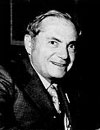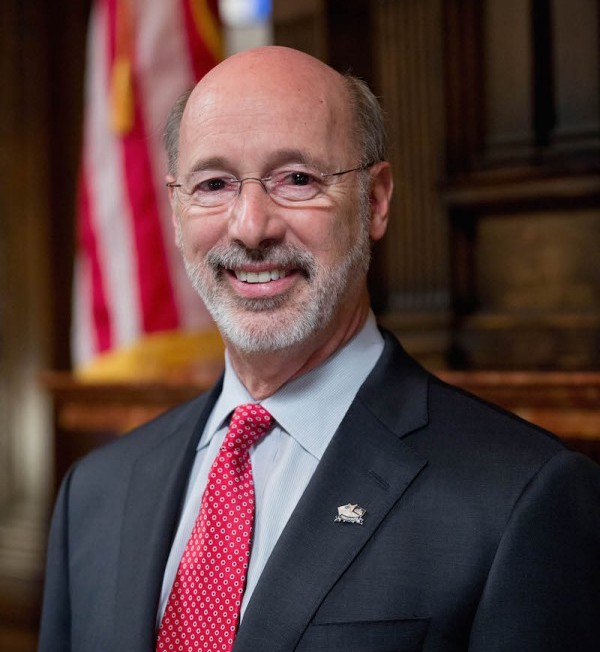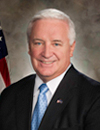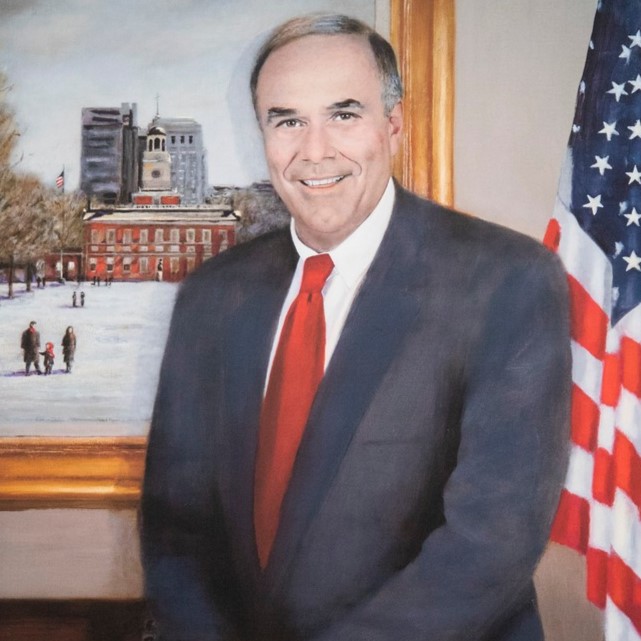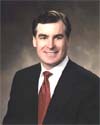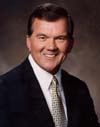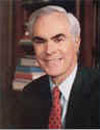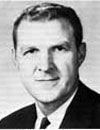This website uses cookies so that we can provide you with the best user experience possible. Cookie information is stored in your browser and performs functions such as recognizing you when you return to our website and helping our team to understand which sections of the website you find most interesting and useful. Please see our privacy policy for more information.
Pennsylvania
Gov. Milton Jerrold Shapp
- January 19, 1971 - January 16, 1979
- Democratic
- June 25, 1912
- November 24, 1994
- Ohio
- Case Western University
- Married Muriel Matzkin; three children
- Army
About
Born “Milton Jerrold Shapiro” in Cleveland, Ohio, MILTON JERROLD SHAPP changed his last name because of concerns about anti-Semitism. His fascination with ham radios led to his decision to pursue related studies and he graduated from Case Institute of Technology (now Case Western Reserve University) with a bachelor’s degree in electrical engineering in 1933. He worked as a sales representative for a radio parts manufacturer and eventually started his own independent sales business representing several electronic parts companies. In 1936 he moved to Pennsylvania to change his sales area from the Midwest to the Eastern seaboard and continued to add lines of electronic products to his catalog. After being discharged from the Army Signal Corps following World War II—during which he served in North Africa, Italy, and Austria, he founded Jerrold Electronics Corporation with just two employees. By the time he sold the company in 1966, it had become a successful pioneer in the cable TV industry employing several thousand people. Even before he sold the business, however, Shapp had been involved in public service as well. An early supporter of John F. Kennedy for President in 1960, he is credited with having written a memo to Robert Kennedy that set the establishment of the Peace Corps in motion. Shapp later served as an adviser to the Peace Corps as well as a consultant to the Secretary of Commerce in organizing the Area Redevelopment Administration to combat unemployment in the nation’s underdeveloped regions. Shapp was Pennsylvania’s first Jewish governor as well as being the first governor elected under the new state Constitution of 1968, which permitted two successive terms in office. As governor, Shapp instituted a program of modern management and the restoration of fiscal stability to Pennsylvania. During his administration, the most comprehensive Sunshine Law in the nation was enacted. Shapp won national attention for his consumer advocacy policies, innovative programs for the elderly and handicapped, and sweeping welfare reforms. The Pennsylvania State Lottery was established with proceeds initially targeted to provide property tax relief for the elderly. And the state Department of Aging was created. Also enacted during Shapp’s governorship were divorce law reforms, prison reforms, improvements to Pennsylvania’s portion of the Appalachian Trail, and $300 million in tax breaks to small and medium-sized businesses. Shapp dealt with one of the worst weather disasters to hit Pennsylvania—Hurricane Agnes—which caused forty-eight deaths in the state. He won national acclaim for bringing all sides together to end a national strike by independent truckers in 1974. In 1976, he was an unsuccessful candidate for the Democratic presidential nomination. Shapp was a member of the National Governors Association’s Executive Committee in 1976 and 1977.
Source
Governors of the American States, Territories and Commonwealths, National Governors Association, 1978.

